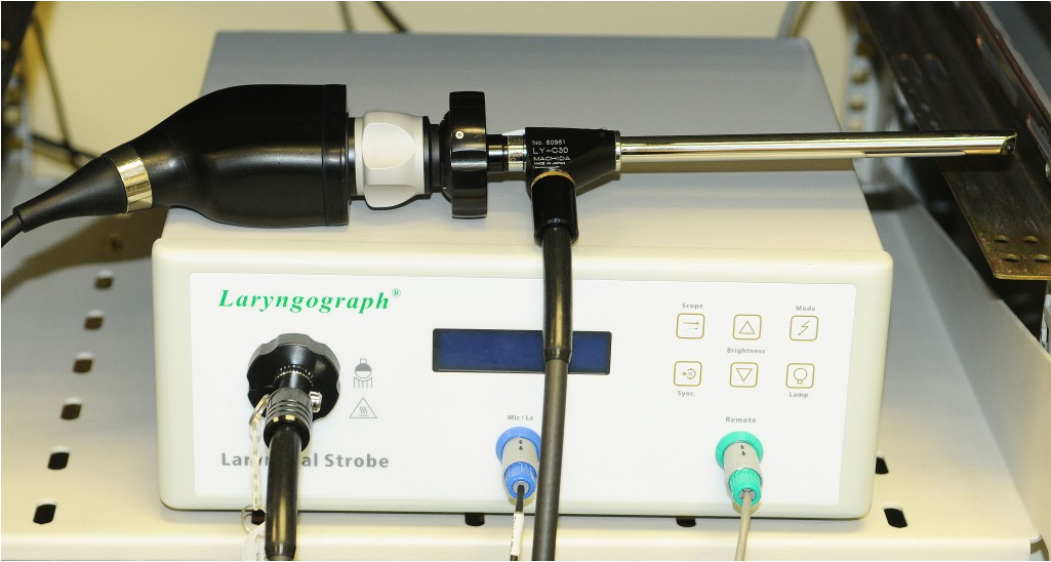Blog

We communicate through speech almost constantly. Whether it be in the workplace, at home, or even out with friends, we rely heavily on our voices to convey our thoughts and emotions. However, sometimes we can experience vocal strain when speaking, leaving us feeling hoarse and making it difficult for us to communicate effectively. But what exactly causes vocal strain? In the following blog, we will delve into the primary causes of vocal fatigue and offer practical advice on how to avoid it. Let's dive in and discover what's behind this common issue.

Chronic cough is defined as one that lasts for more than eight weeks in adults and four weeks in children. It's one of the most common reasons for doctor's appointments. In fact, a chronic cough affects 11% of the population in the United States. A chronic cough might disrupt your sleep and leave you weary. Severe coughing can result in vomiting, lightheadedness, and even rib fractures. Chronic cough is not an illness in and of itself. It's a symptom of something else wrong with your body.

Vocal nodules are rough, noncancerous growths on your vocal cords. They range in size from a pinhead to a pea. Vocal cord nodules, often known as singer's nodules or “nodes”, are brought on by excessive or improper use of the voice over time. These callous-like growths form in the midpoint of the vocal folds. Under a microscope, these nodules resemble calluses and can have aberrant blood vessels connected to them. Vocal cord nodules can affect both men and women. However, they are more common in women between 15 and 50.

Posterior Glottic Stenosis (PGS) is a condition where the vocal cords are fixed in a midline position due to scar tissue. This causes the glottic airway to narrow down significantly and limits vocal fold abduction and adduction. People with this condition should get treated at the earliest since its effects can be potentially fatal. Here is more information on PGS, its symptoms, causes, and possible treatment options.

A stroboscopy test is one used to help discover what might be causing dysphonic issues—that is, issues that make your voice sound or work unlike how it normally does. Most might not have heard of a stroboscopy test before, and therefore might not be sure what to expect if their doctor suggests getting one done. As such, let us explain what a stroboscopy test is, what to expect when going for it, why your doctor might suggest the test, and look a little more closely at what the purpose of the test is.





